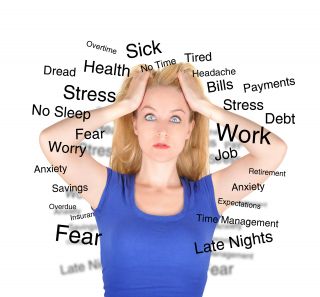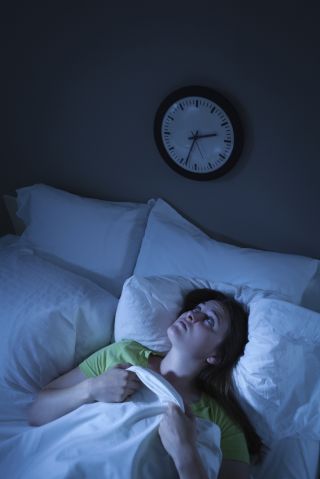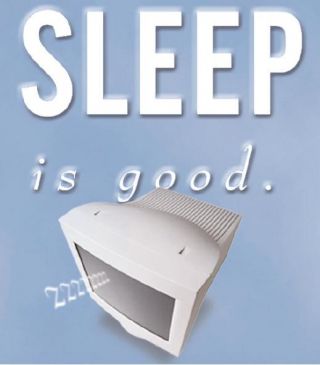Insomnia
Insomnia And Depression: Cause vs Effect?
New studies show insomnia could be a cause of depression.
Posted December 17, 2013
The importance of quality sleep cannot be overstated. Arguably, sleep is the single most important aspect of maintaining a healthy mind and body. However, 18 million Americans suffer from insomnia, and about 9 million Americans take sleeping pills. Most people don't view insomnia as a health problem so they generally do not visit a doctor to get to the root of the problem. Instead, they turn to the pharmacy.

Insomnia is defined as the inability to fall asleep or remain asleep for an adequate length of time over at least a three month time frame. This can cause and aggravate a wide range of both physical and mental problems. The lack of restful sleep over the long haul has been associated with high blood pressure, anxiety, peptic ulcer, heart disease and even the ability to fight cancer. And these are believed to be just the tip of the iceberg as research continues.
Depression and insomnia often accompany each other, and up until recently, insomnia was considered merely a symptom of depression. Conventional thinking was that if you treated the depression, the insomnia went away.
Now, new research is indicating otherwise. The correlation between depression and insomnia is complex, but with recent studies, we are learning that depression might actually be caused by insomnia. Since sleep disorders have become a specialty, more studies are in the works focusing on the strain and destruction that continued loss of sleep can have on mind and body.

The good news is that a new treatment for insomnia, cognitive behavioral therapy for insomnia, or CBT-I, is promising not only to be an effective alternative to popping more sleep-inducing pills, but also as a treatment for depression.
The aim of CBT-I is to change sleep habits and schedules which may be unknowingly promoting insomnia. CBT-I consists of weekly visits to a clinician who, after administering sleep assessments and evaluating a patient's sleep diary, begins sessions to change negative sleep habits.
This change of habits could be anything from eliminating naps and not exercising at night to avoiding caffeine, alcohol and tobacco before bed. Got problems? Who doesn't? CBT-I teaches an insomniac not to stress over these issues at bedtime, which is guaranteed to keep you awake.
Over time, good habits are learned and bad habits are eliminated. It also teaches how to set up a space to promote a good night's sleep, such as making sure the room is dark and cool and only using the bedroom for sleep and sex. The aim of CBT-I is to customize lifestyle habits and room settings for each individual patient to achieve maximum results.

Now, while CBT-I is proving to help many with their sleep problems, clinicians are hoping this therapy may also be a breakthrough to help millions who suffer from depression. A study from Ryerson University discovered 87 percent of patients who overcame insomnia also experienced a decrease in depression. A comparable study from Stanford is ongoing. Said the lead author from Ryerson, "The way this story is unfolding, I think we need to start augmenting standard depression treatment with therapy focused on insomnia."
CBT-I is revolutionizing not only the treatment of poor sleep but also the way we view the cause and effect of insomnia vs depression. Insomnia is turning out to be vastly more problematic than we could have imagined and the health benefits from a good night’s sleep may represent a new frontier in the world of preventive medicine.


